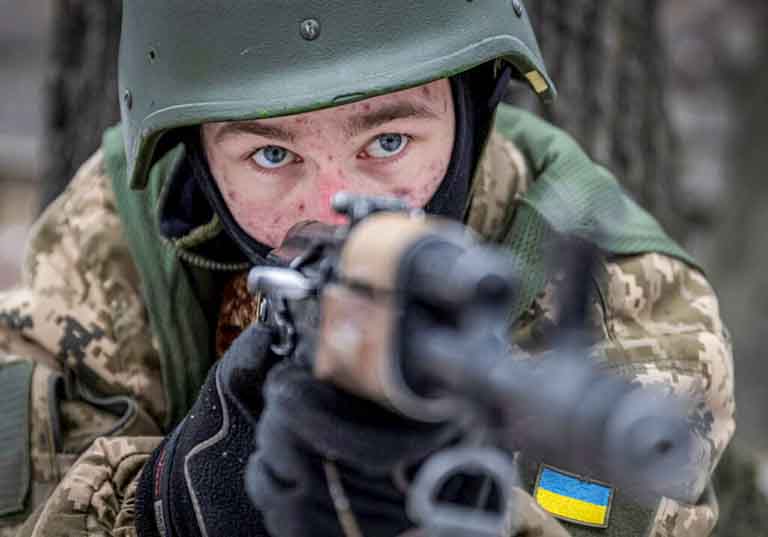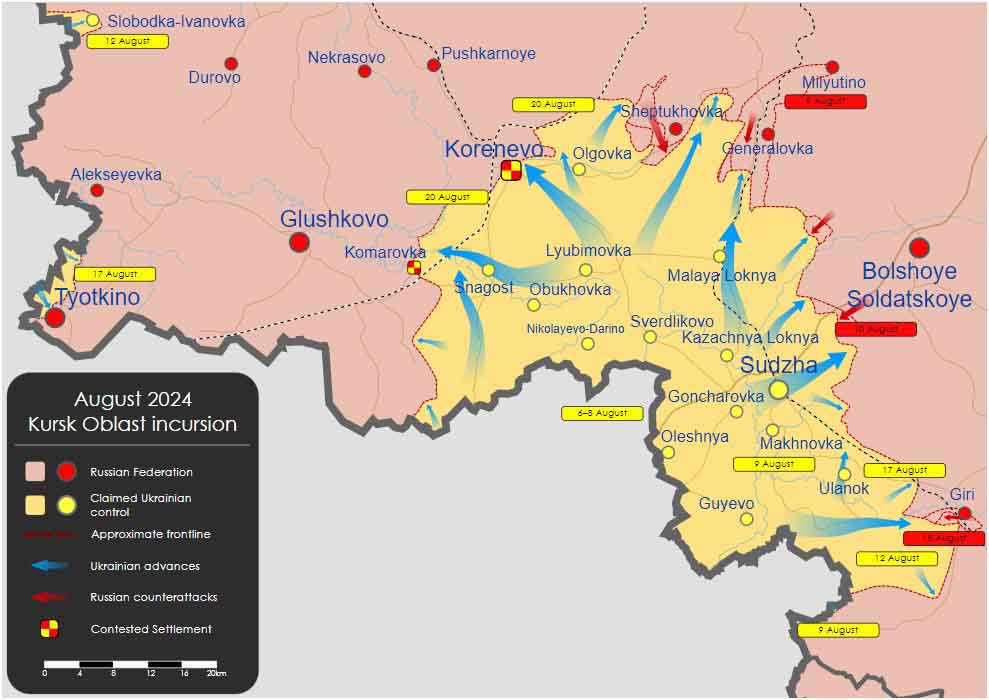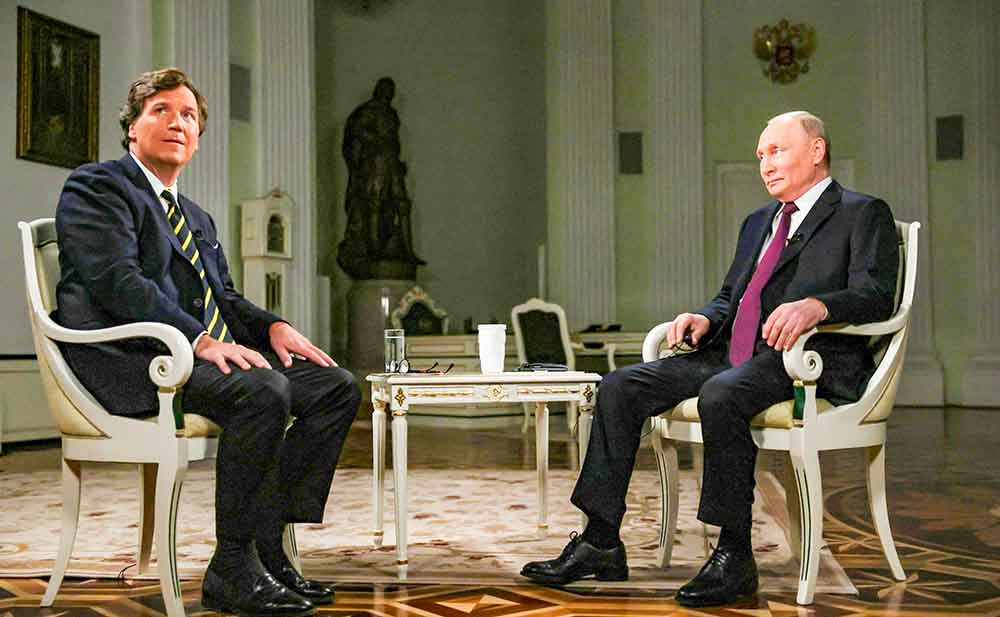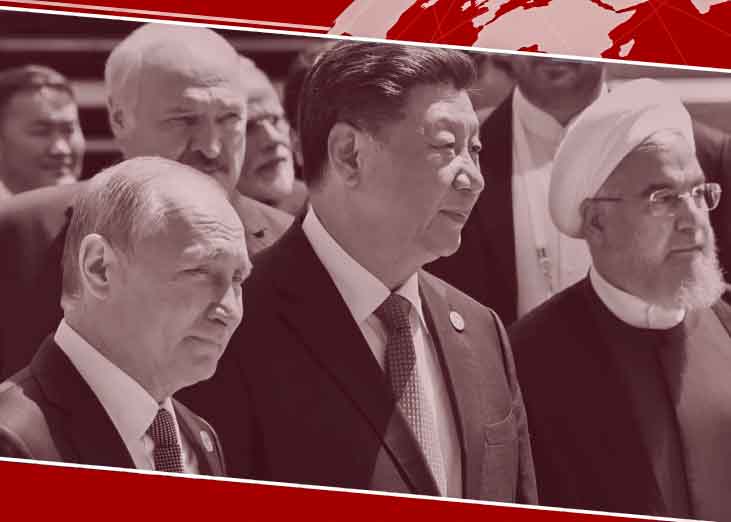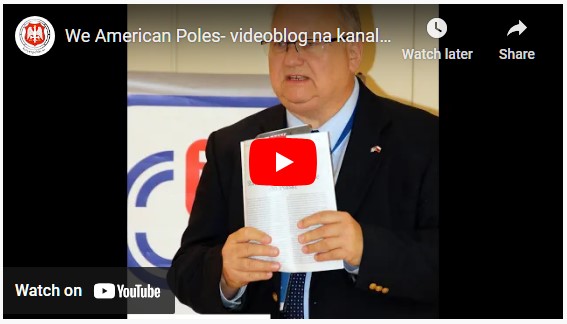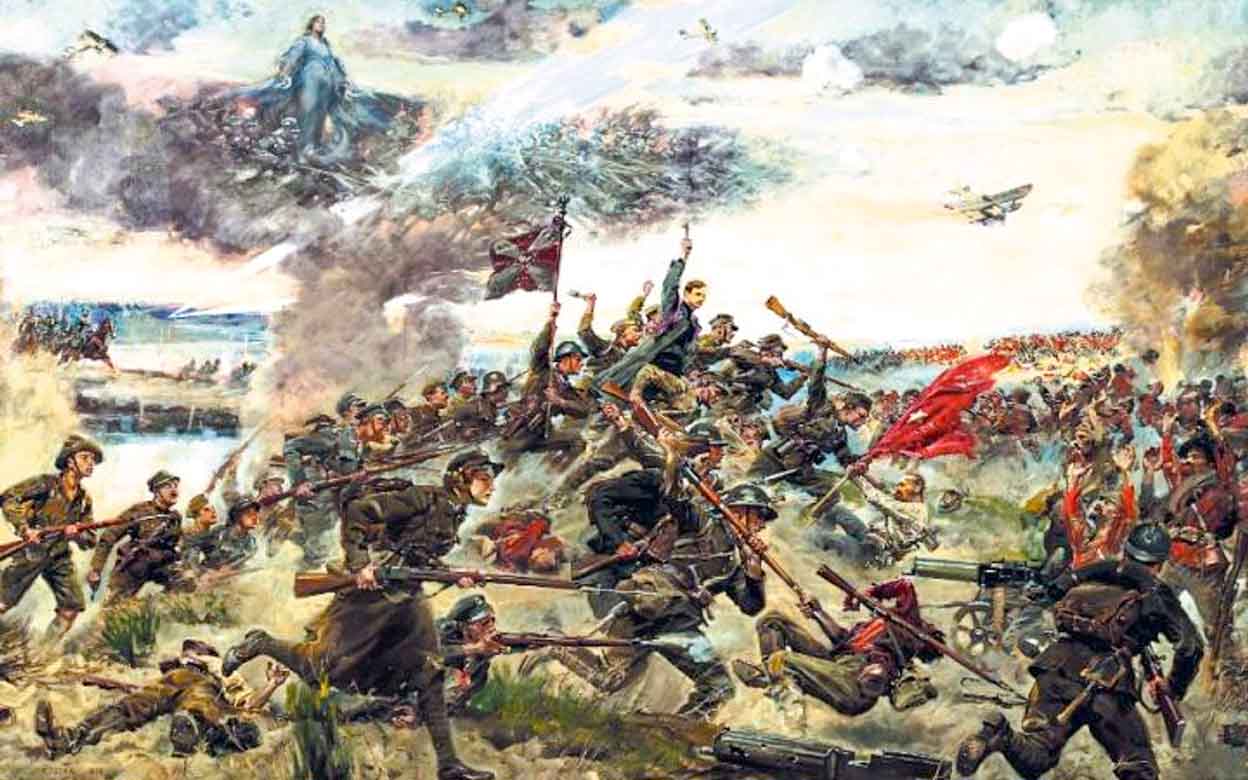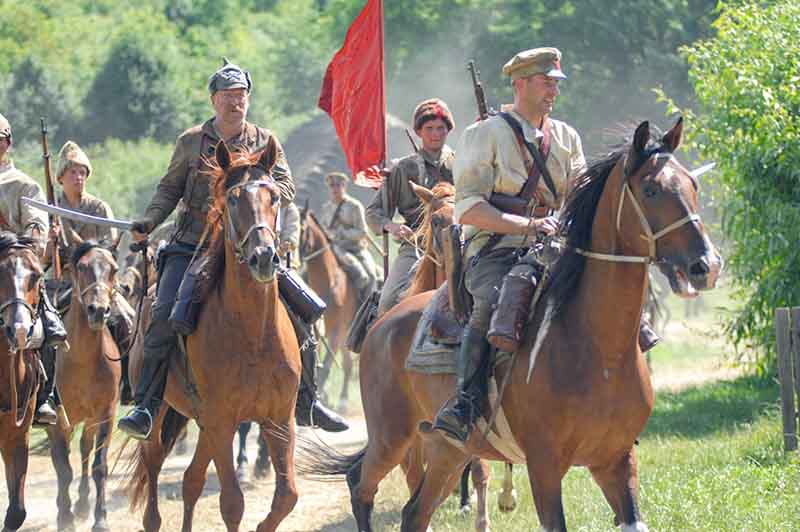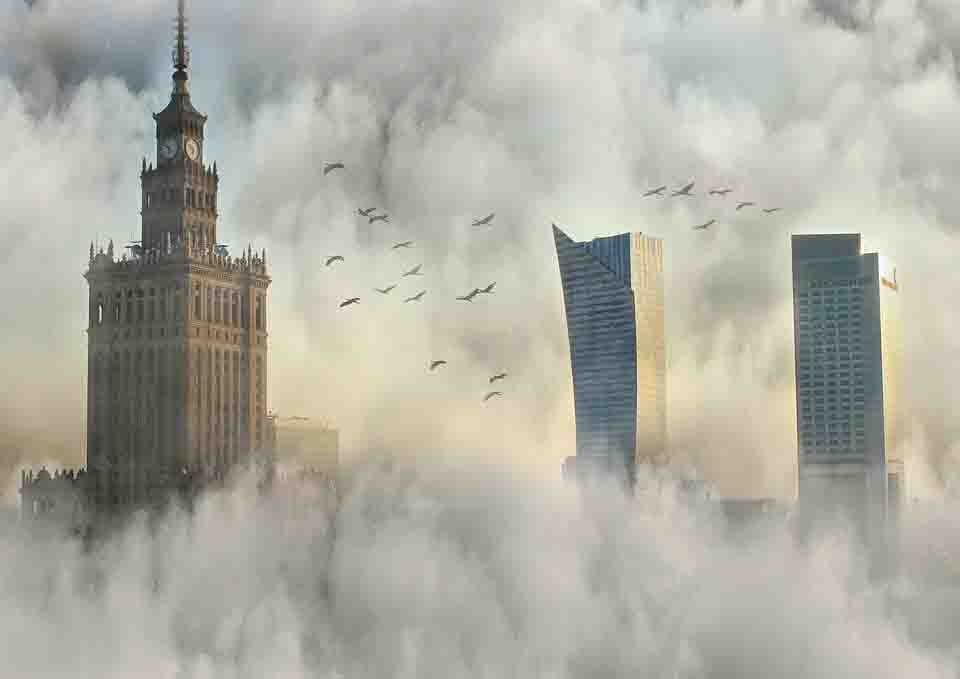It is not easy in the Polish media space to advocate a cross-party message that simply does not exist. It's also not available in America where I live. "The polarization of society is its greatest threat to state security policy," according to research by the independent think tank Pew Research Center.
The Hamas attack on Israel clearly illustrates how a polarized society can become a target for a given state's enemies. Therefore, it is worth considering how the Polish-Polish war affects the destruction of joint actions by Poles.
Former Russian President Dmitry Medvedev, currently Vice-Chairman of the Security Council of the Russian Federation, published an article in "Rossiyskaya Gazeta" titled "Russia and Poland: notes from November 4 — Poland: megalomania, inferiority complex and phantom pains of a fallen empire."

Dimitri Medvedev, 08/04/2022 (Source: Wikipedia)
Medvedev writes: "by supporting Ukraine in its conflict with Russia, Poland, using the umbrella of NATO and the EU, seeks to ensure total domination in the region by taking control of the countries located between Warsaw and Moscow and pushing Russia out of Europe."
Medvedev further writes that "building Poland's military potential... could trigger a direct clash between Poland and Belarus and Russia." He further concludes that: "if Poland's adventurous actions receive NATO support, they may have dangerous consequences for the entire world. "Then Poland will play the role of the 'hyena of Europe' that will start World War III," wrote Medvedev.
So, the Western elites are once again intimidated by Imperial Russia, and the nations of the Eastern European belt may once again be thrown, in the name of world peace, to the Russian bear.
In America, there are many apologists for George Kennan and his "containment doctrine", which may have guaranteed Cold War peace, but treated the nations of Eastern Europe as savages enslaved to the oppression of communism.
Before the countries of Central and Eastern Europe, and perhaps even much more broadly, adding the Scandinavian countries and some countries of Southern Europe, and Turkey due to the ongoing war in Ukraine, there is a window of opportunity to create a geopolitical project, the idea of which has been alive since the times of Marshal Piłsudski. Whether we call it the Intermarium or, more broadly, the Three Seas, it is still a project that can significantly slow down Russia's imperial policy.
The fact that it is possible to stop the expansion of imperial Russia was proven militarily by the Poles in 1920, by the Finns in the Winter War in 1940, and today by the Ukrainians, fighting for a free Ukraine.
It is worth quoting here prof. Tomasz Grzegorz Grosse: "We are witnessing a process in which the countries of Central Europe stop orienting themselves towards the West or the East, and start towards each other." It is therefore worth investing in a new, educated elite, oriented towards the interests of the state. Partisanship and nepotism failed the test, and the Sanation government is a perfect reflection of this.
Let's build a new narrative of North-South cooperation based on NATO, the European Union, and the United States. However, this requires cross-party politics and uniting all Poles. Such an opportunity for Poland comes once every 300 years. Let's build pro-Polish think-tanks and Polish lobbies in countries that are strategic to us. Let's build a strong state and refer to Pax Polonica — a country of solidarity and love of freedom.






